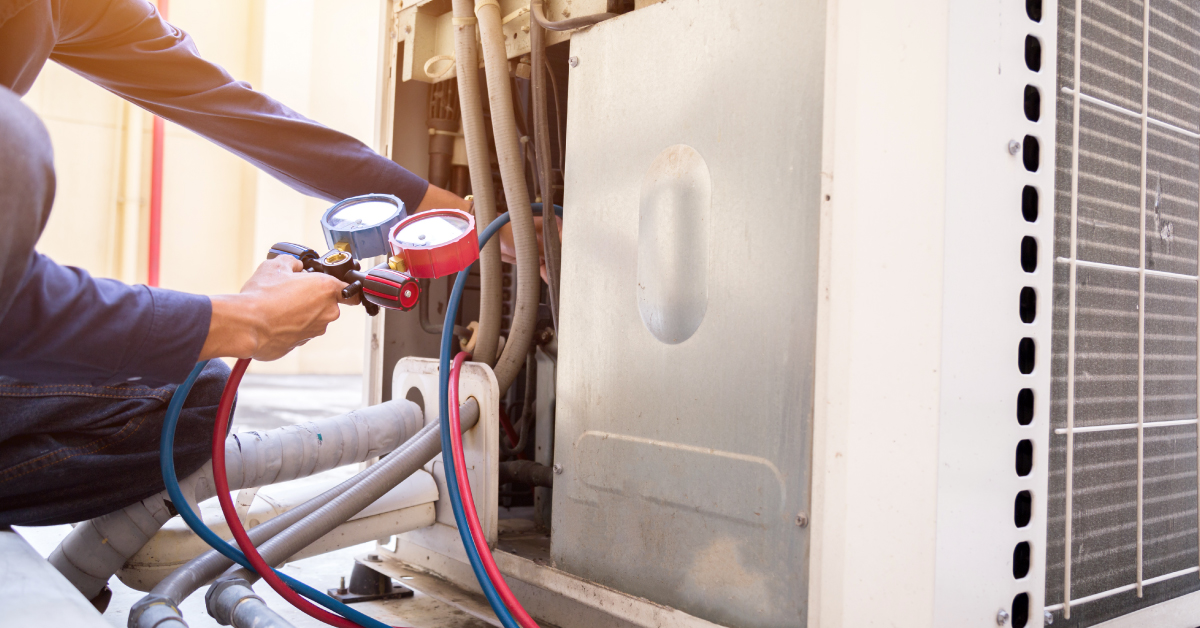
It’s rarely convenient to call for professional help when something goes wrong in your home. The time and effort you must spend to call someone over and explain the problem to them feels like a hassle at times. However, this process may become easier to deal with if you could figure out a solution independently.
Having to pay to get some basic tasks done around the house isn’t the most ideal situation. You wouldn’t spend money on tasks that you can easily do at home with just a little bit of focus, research, and the right tools. Maintaining a home requires skill; while many tasks will require some extra help, you should understand your home enough to take care of the basics by yourself.
One of the most essential yet complex systems of any modern home is electrical. This utility is required for even some of the most basic household chores. You need a reliable electrical supply to ensure that you don’t face any inconveniences during your day. From refrigerator surge protection to the proper insulation of your wires, everything must be kept in check for a secure home.
Being able to work on electrical systems is always a useful skill to have, but there’s much to remember. The following list can help you take better care of your home’s electrical system while practicing the right safety precautions.
Table of Contents
Use a Tester
A tester is a small device used to check the voltage in a home’s electrical system. It can tell you different characteristics of your home’s circuit to make it easier for you to begin electrical work. This is the safest way to begin working on your home’s electrical system.
This type of work can often come with risks so you must be prepared in advance. A tester uses no electricity to function. It is a compact piece of equipment that you can use to check voltage levels in a circuit before you make any changes to it. This can reduce the risk of short circuits and electrocutions, making this a necessary precaution.
Once you know which parts of the circuit are safer to interact with, you’ll be able to accomplish your task without the fear of getting hurt. While other precautions must still be kept in mind, this can make the overall process less risky.
Turn Off the Main Power
Your home’s electrical panel constantly receives electricity and sends it all over your home to allow your gadgets to function. The circuit is connected to ensure that each part of your home receives this supply for your utmost convenience. There are breakers on the panel assigned to each circuit in your home. Once the breaker is down, the loop is broken and electricity stops flowing through that particular circuit.
This is one of the most effective ways to make sure that the entirety of your home isn’t exposed to any changes you may make while working. If you’re unsure of which breaker powers what part of your home, it’s always best to experiment first and be sure of things before you get to the wiring. It’s important to note that any mistake or even minor error in this matter could easily become life-threatening.
Insulate Everything

When working with electricity, you will, of course, find a lot of conductors around you. To make sure that you’re safe throughout the process, it’s important for all of these materials to be de-energized. The next thing to remember is to use insulated equipment no matter what.
From the tools to your clothes, everything should be protecting you against unforeseen electrical disasters. Both manual and battery-powered tools should be kept in check to avoid accidents. You should always purchase the right equipment before handling anything dangerous. The right tools include objects that have insulated handles. Electrical surge coverage is also important because it saves electrical appliances.
When working outside, even the ladder you climb should be insulated and never be placed on damp ground. You can further add to the safety by using a rubber suit, gloves, and goggles.
The Right Precautions
Whether it’s an easy-to-follow installation guide or circuit rewiring, the term “electrical work” encompasses many tasks. Please take note that you should always get professional advice before starting something that you have little to no experience with.
Only after receiving the proper advice and approval from a certified electrician should you attempt to tackle the more complex work. Safety measures ensure that both you and your home do not suffer long-term consequences of carelessness in such a sensitive matter.
